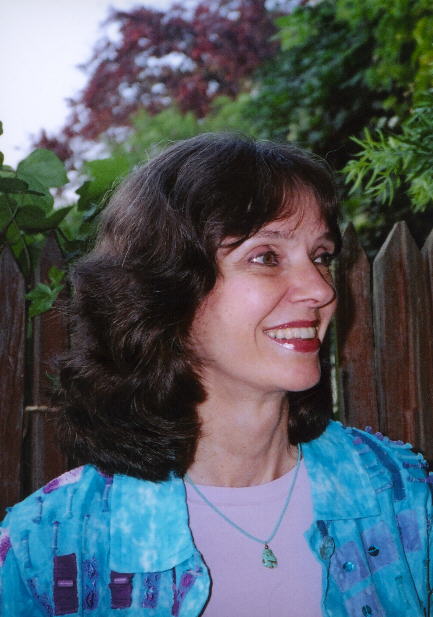Lucille Lang Day
I've written far more poems in free verse than in form. Most of the formal ones have come to me without an a priori decision either to write in form or to use a particular form because the subject warranted it. What generally happens is that two or three metered lines come to me and I think "this sounds like a sonnet" or "this sounds like a villanelle." "The Poet Explains" came to me when I was driving. One week later, "On Sonnets" arrived when I was reading with my husband on a stormy night. In neither case had I set out to write a poem, let alone a sonnet. This year, though, I've written several sonnets and now I'm thinking that I'd like to write a sonnet chapbook, which will require a more conscious effort to write in form.
__________________________________________
The Poem's Feet
1. The Poet Explains
I don’t need to write a sonnet or an ode
To praise the way a gray hawk sails the sky.
If I find an imaginary toad
And put it in the garden by and by
Without syllabics or another form,
I’ll evoke its dappled skin of brown and green
As it croaks its throaty song with subtle charm
For its mate that hides beyond the gingko tree.
But if my verses flying high and free
As that gray hawk that soared in stanza one
Start to bore me, I will write for fun
In strict iambic or trochaic feet;
And if that lady toad won’t deign to dance,
I’ll turn her horny mate into a prince.
2. On Sonnets
It’s true a sonnet’s an old-fashioned form,
But I enjoy a good iambic line
About the racket of a sudden storm
That wrestles treetops while I sip my wine,
As my husband settles in his chair to read
About illuminated manuscripts
That show the snake and Eden gone to seed
And how the fallen couple toiled and wept.
I also like the way the sestet turns
The season that brought wind and rain above
Into sunlight on my nose, which burns
As Richard kisses me amid foxglove.
But if the sonnet’s feet wear shoes of lead,
I’ll kick them off and write free verse instead.
_________________
 Lucille Lang Day has published four poetry collections: Infinities, Wild One, Fire in the Garden, and Self-Portrait with Hand Microscope, which was selected by Robert Pinsky for the Joseph Henry Jackson Award. She is also the author of two poetry chapbooks: Lucille Lang Day: Greatest Hits in Pudding House's invitational series, and The Book of Answers, released by Finishing Line Press in September 2006. Her first children's book, Chain Letter, was published by Heyday in 2005. Her poetry and prose have appeared widely in such magazines and anthologies as The Hudson Review, The Threepenny Review, Mother Songs (Norton), and California Poetry: From the Gold Rush to the Present (Heyday). She received her M.A. in English and M.F.A. in creative writing at San Francisco State University, and her M.A. in zoology and Ph.D. in science and mathematics education at the University of California at Berkeley. She is the founder and director of a small press, Scarlet Tanager Books, and the director of the Hall of Health, an interactive children's museum in Berkeley.
Lucille Lang Day has published four poetry collections: Infinities, Wild One, Fire in the Garden, and Self-Portrait with Hand Microscope, which was selected by Robert Pinsky for the Joseph Henry Jackson Award. She is also the author of two poetry chapbooks: Lucille Lang Day: Greatest Hits in Pudding House's invitational series, and The Book of Answers, released by Finishing Line Press in September 2006. Her first children's book, Chain Letter, was published by Heyday in 2005. Her poetry and prose have appeared widely in such magazines and anthologies as The Hudson Review, The Threepenny Review, Mother Songs (Norton), and California Poetry: From the Gold Rush to the Present (Heyday). She received her M.A. in English and M.F.A. in creative writing at San Francisco State University, and her M.A. in zoology and Ph.D. in science and mathematics education at the University of California at Berkeley. She is the founder and director of a small press, Scarlet Tanager Books, and the director of the Hall of Health, an interactive children's museum in Berkeley.